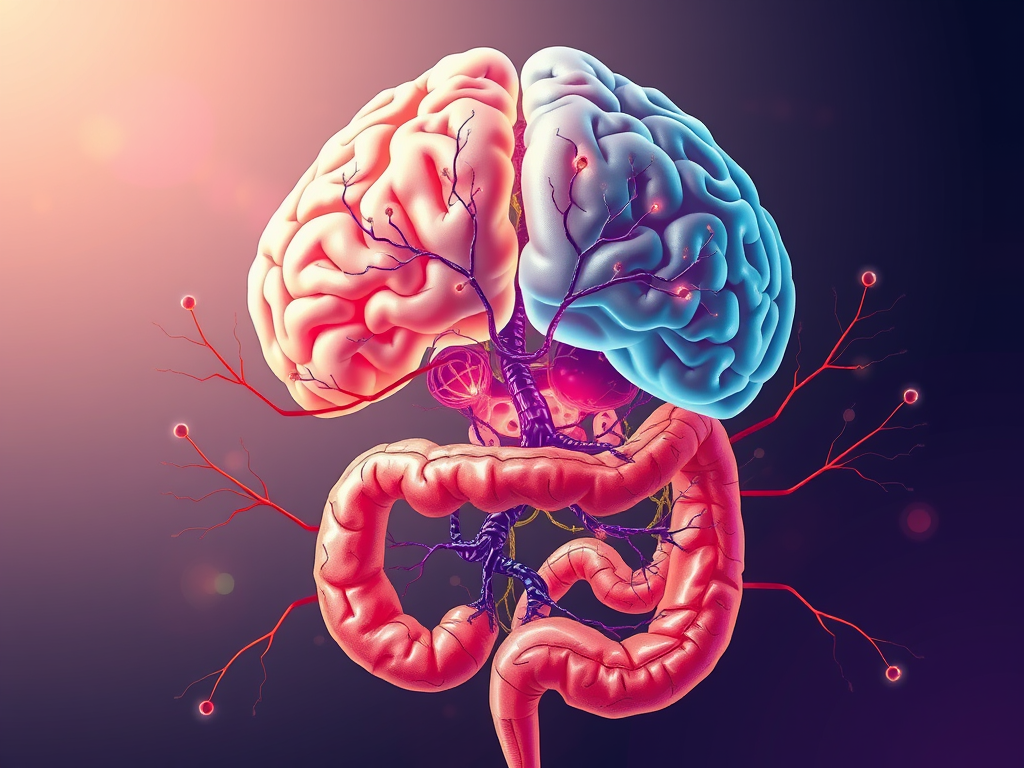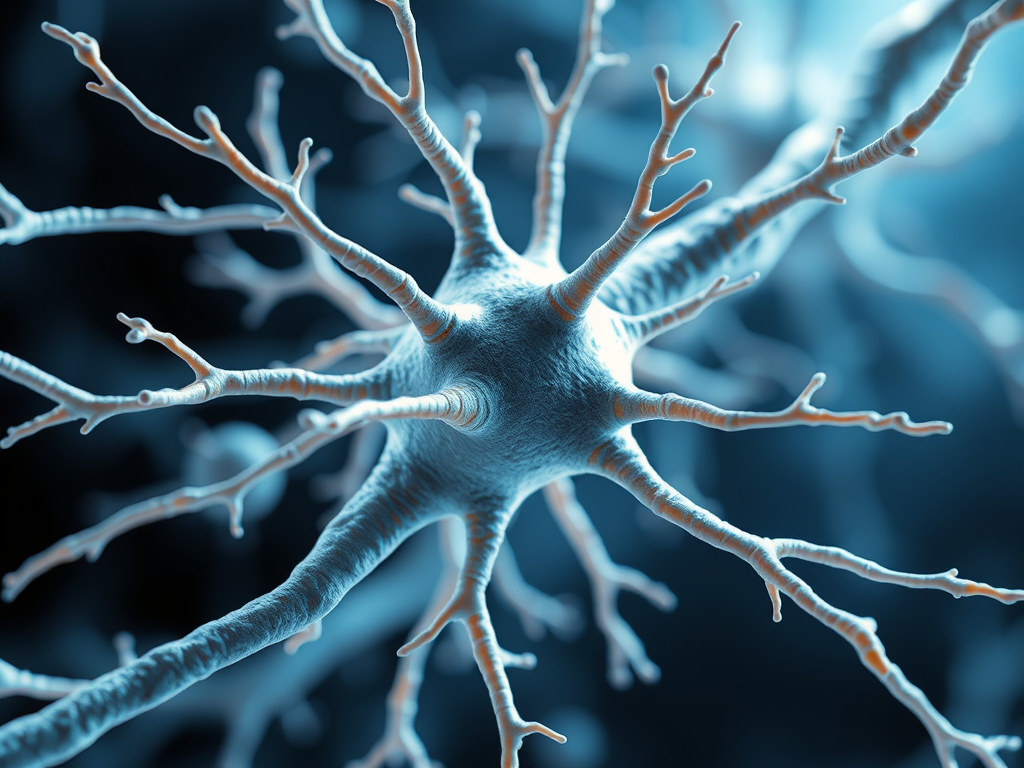May is the month when we pay particular attention to mental health. From the perspective of modern nutritional science and healthcare, the gut-brain axis is a crucial mediator between the digestive and nervous systems.

The gut-brain axis is a bidirectional communication between the nervous system and the digestive tract. It's thanks to this axis that our gut can "talk" to our brain, influencing our mood, immunity, and cognitive abilities, among other things. A key player in this communication is sodium butyrate, a short-chain fatty acid (SCFA) produced by the fermentation of fiber by gut bacteria. Furthermore, the vagus nerve plays a significant role as the main signaling pathway between the gut and the brain.
Butyrate performs a number of important functions:

Current research results (currently on animals) show that sodium butyrate may:
Sodium butyrate is currently being investigated as a potential adjunct to therapy:
The good news is that butyrate is naturally produced in our intestines, and we can increase it by consuming certain foods. These include:
It's worth noting that the aforementioned list includes products with varying levels of FODMAPs. However, due to individual circumstances and concomitant conditions affecting the quality of the microbiota, it's not always possible to increase natural butyrate synthesis. SIBO, IBS, and inflammatory bowel disease significantly prevent such treatments, and in such cases, supplementation with a proven product is a good idea.

In summary, sodium butyrate bridges the gap between the microbiota and the brain, acting not only locally in the gut but also systemically. Its therapeutic potential has made it the subject of intense research in neurogastroenterology and psychiatry.
The author of the entry is:
